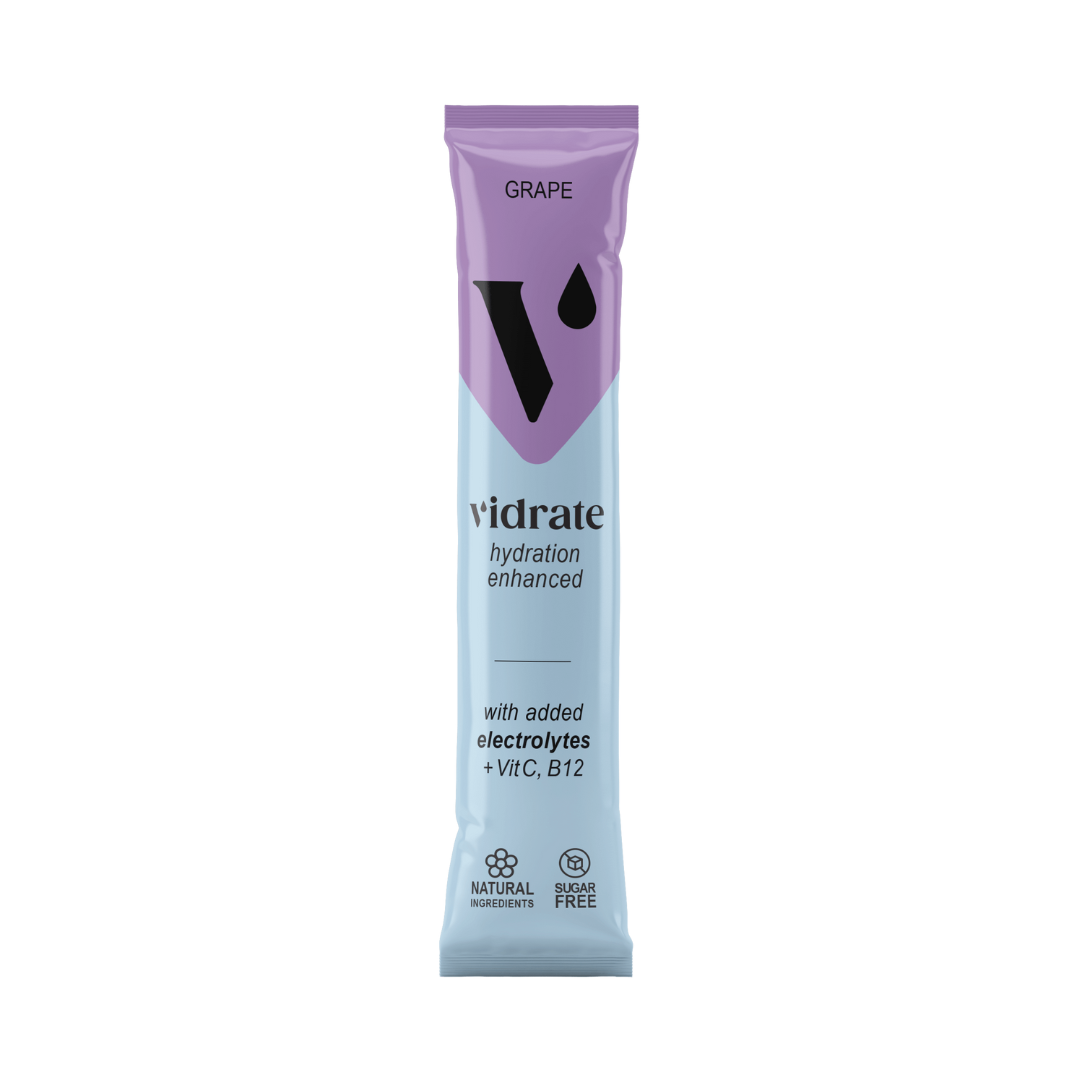

By Rob Owlett
What are electrolytes & different types of electrolytes.
Electrolytes are essential minerals that are in your body. An "electrolyte" is a particle that carries a positive or negative electronic charge. Once these particles dissolve in fluid they turn into positive or negative ions that help metabolic processes in the body. They are basically minerals that carry an electric charge. The electrolytes in are body are calcium, sodium, magnesium, chloride, potassium, phosphate, and bicarbonate. They are all important to maintain a good level of health.
Where are electrolytes found?
Electrolytes are found in blood, sweat and urine. They are in the body's fluids because when an electrolyte dissolves in fluid that's when it starts to help people's metabolic processes. You also can lose these electrolytes via sweat, urine and blood. Electrolytes affect many types of processes that happen in your body, which includes hydration, contracting muscles, nervous impulses and keeping you at a normal healthy PH level. That's why, particularly after exercise, you want to keep hydrated and replenish your electrolytes, which you may have lost through sweat.
Different types of electrolytes and their functions:
Sodium
- Necessary for nerve and muscle function (this is needed if you play a sport, in everyday life and too keep concentrated)
- Helps control fluids in the body, which affects blood pressure.
Chloride
- Essential for digestion
- Helps balance acidity and alkaline in the body (keeping your body at a normally healthy PH)
- Helps balance all electrolytes
Potassium
- Helps balance electrolytes
- Helps bone health
- Essential for muscle contraction (need for physical activity or exercise)
- Regulates blood and heart pressures
- Helps transmitting nerve impulses
Magnesium
- Helps immune system
- Helps maintain steady heart rhythm
- Helps maintain blood glucose levels
- Helps production of DNA and RNA
- Helps nerve and muscle functions
Calcium
- Key component of teeth and bones construction & maintenance
- Contributes to blood clotting
- Helps movement of muscle movement and nerve impulses

The causes of electrolyte imbalance:
All these electrolytes are essential to normal bodily functions. Through homeostasis the electrolytes can travel throughout the blood in specific concentrations, which affects how healthy each organ is. When there aren't enough electrolytes in your blood stream, the concentrations can vary, resulting in symptoms of feeling unwell.
There are different fluids in and outside of the different blood cells; usually there is about 40% of fluids in the cell and 20% of fluids outside the cell. Electrolytes help maintain and move water so there are a balanced level of fluids inside and outside the cells. Although sometimes this becomes unbalanced as your body creates too many or not enough electrolytes. This happens because of a range of things such as:
- Loss of fluids Exercise/ physical activity (sweat)
- Vomiting
- Certain medications - antibiotics etc.
- Alcohol consumption
- Kidney disease
- Heart failure
- Certain forms of cancer
You also do not want to be dehydrated before doing any exercise because you are already at risk of loosing electrolytes from sweat. You can tell if you have a big electrolyte imbalance if you have any of these symptoms:
- Nausea
- Lethargy
- Fluid retention
When you don't have an adequate amount of water in your system this is when you have electrolyte deficiency. You can replenish certain electrolytes with certain foods, which includes seeds, salt, cheese etc. Also you can drink more water to feel hydrated again.
Why are Electrolytes important?
Electrolytes are particularly important as you can get many physical and mental deficiencies if you have an electrolyte imbalance. There are different electrolytes that are found in the body, and they all have different processes. If you have a deficiency of these electrolytes (Magnesium, potassium, sodium, chloride and calcium) it can cause some of the following symptoms:
- Tiredness
- Confusion
- Seizures
- Changes in blood pressures
- Twitching
- Bone disorders
- Weakness
- Irregular heartbeat
- Convulsions
- Muscle spasms
- Numbness
-
Nervous system disorder

Why have we added electrolytes to our ViDrate formula?
Electrolytes are very important to keep balanced especially after exercise as you loose electrolytes when you sweat. This means that when you exercise you should replenish the electrolytes in your system, which can be done by drinking rehydration sachets. It is also difficult to know if you have an imbalance in electrolytes due to being difficult to measure. If you drink too much water you can dilute the electrolytes and if you don't drink enough water a body can also lose electrolytes.
We have added in these electrolytes into our sachets in order to replenish the nutrients lost through everyday activities. By increasing the levels of magnesium, potassium, sodium and calcium in your blood stream, you feel more hydrated and therefore more energised and healthy. (We do not have magnesium or calcium in ViDrate) These electrolytes maintain the balance of fluids in your blood which when at the right levels, contribute to a healthy body.
So whether you are sat at your desk all day or out exercising - electrolytes are key to your body!







